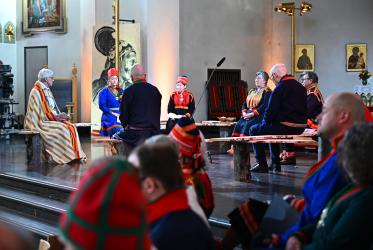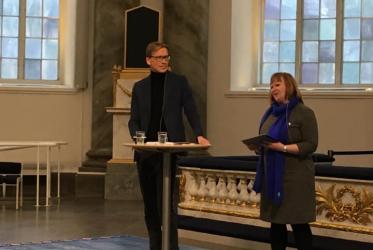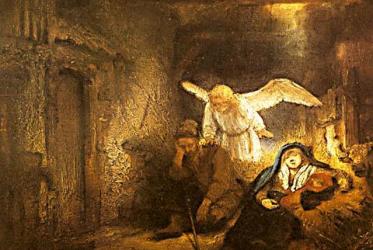Displaying 1 - 17 of 17
27 October 2022
Ecumenism is a sense of belonging
08 February 2019
WCC, ACT reflect on ecumenical diakonia in historic meeting
01 November 2018
Looking back and ahead
31 October 2018
Mirar al pasado y hacia delante
31 October 2018
Regarder en arrière et se tourner vers l’avenir
31 October 2018
Second Bible study on stateless persons available for Advent use
08 December 2016








